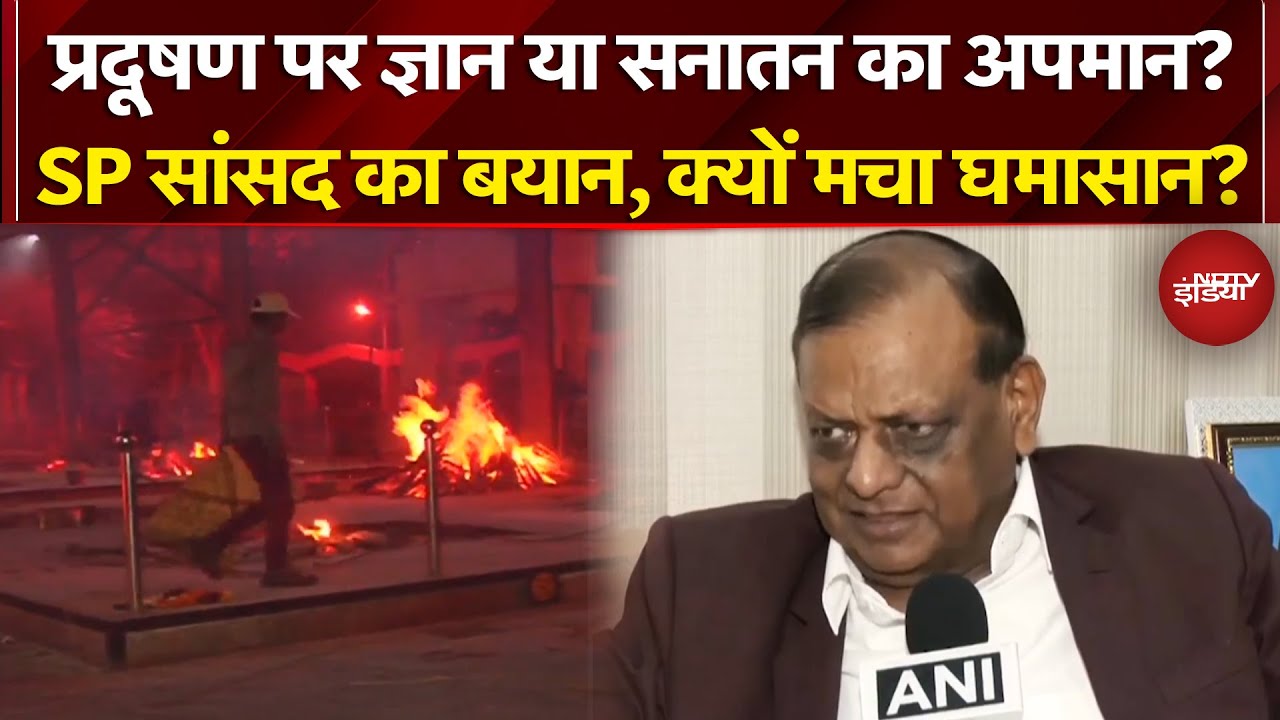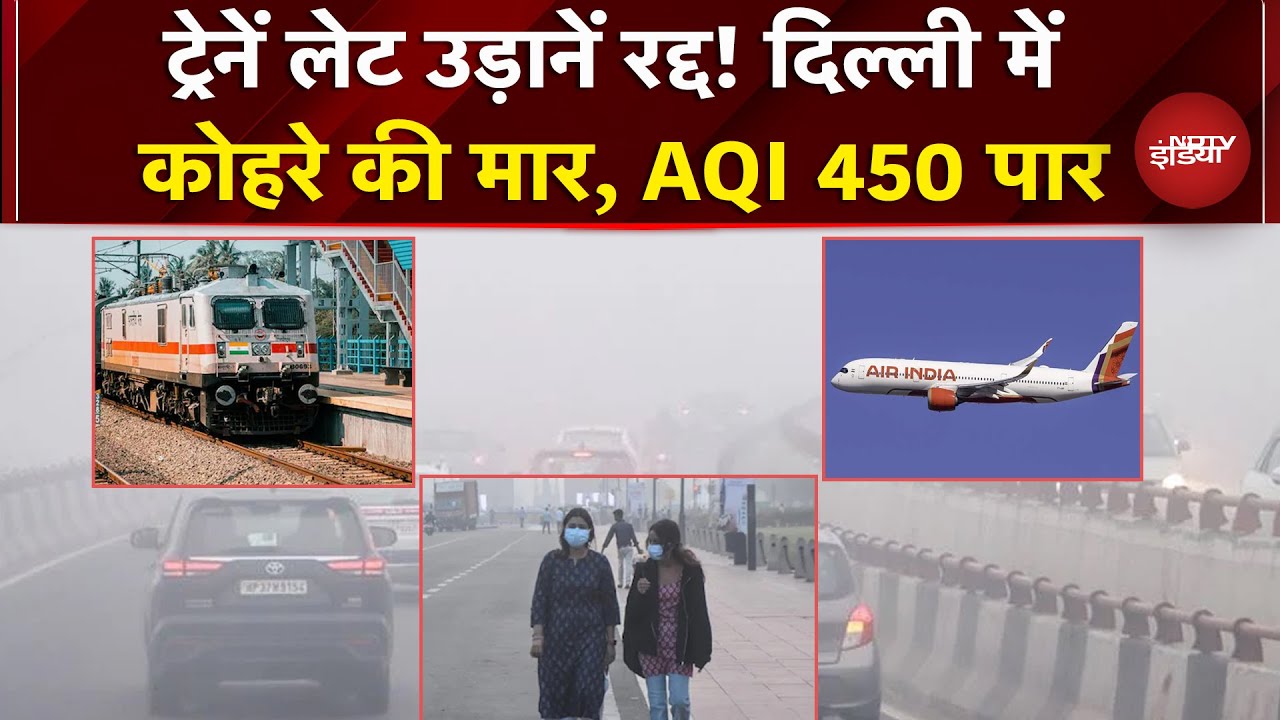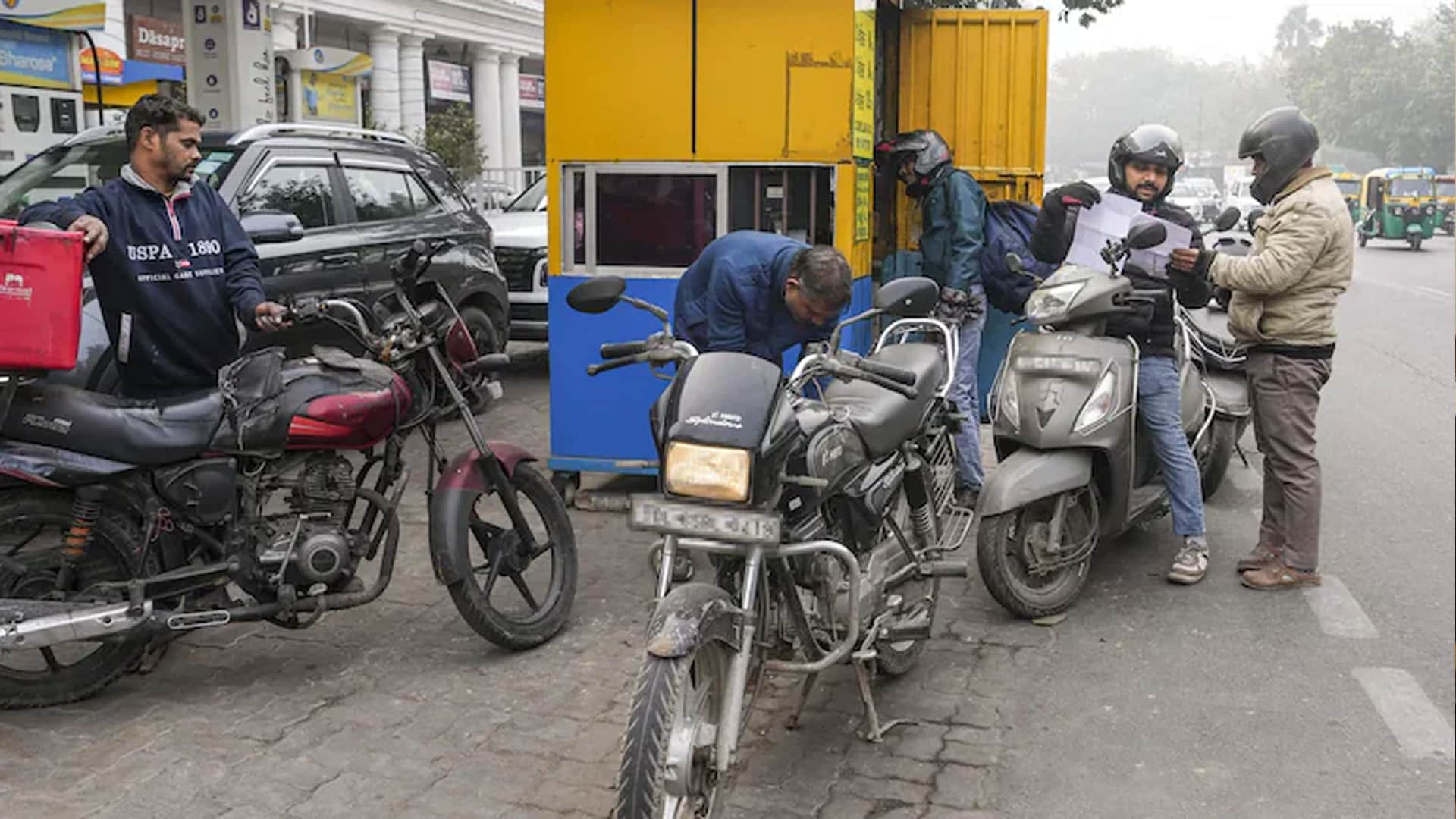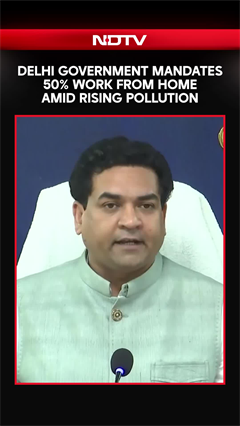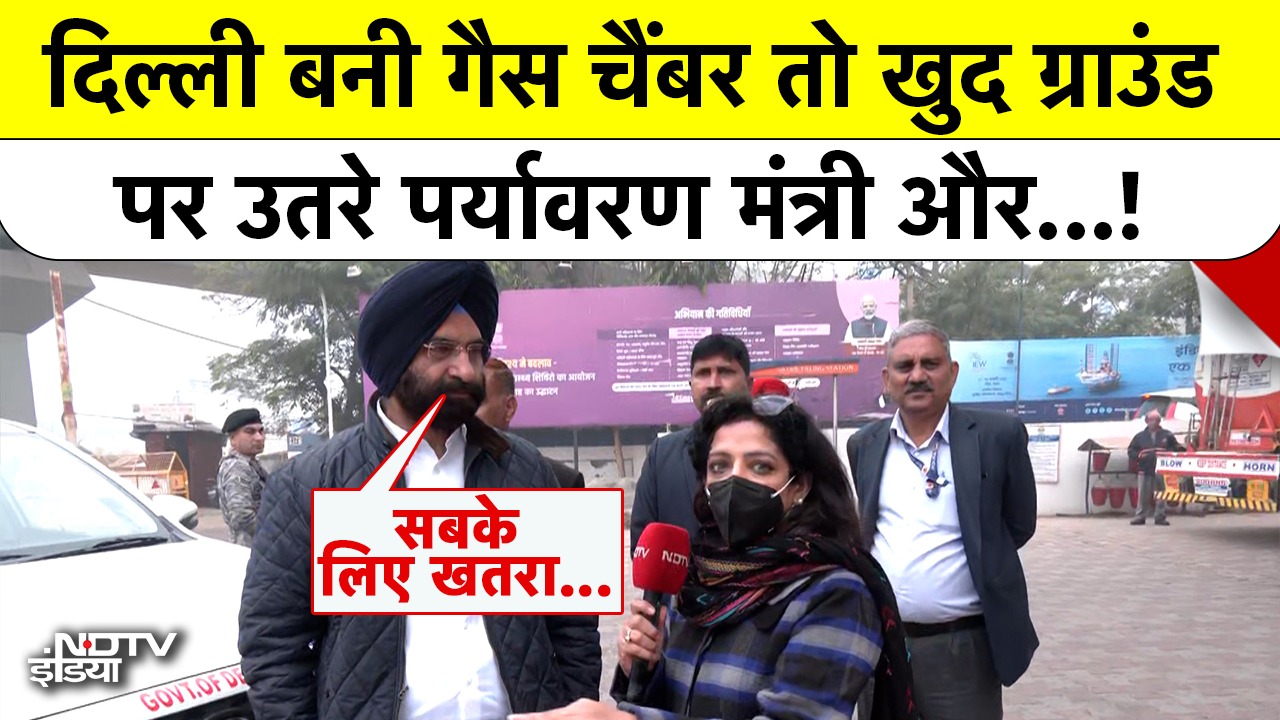- Home/
- India's Plan To Recycle Millions Of Old Cars Has To Overcome This Problem
India's Plan To Recycle Millions Of Old Cars Has To Overcome This Problem

India's plan to remove millions of older polluting cars from its roads in an effort to clear some of the world's most toxic air looks set to face several challenges with a new survey showing the majority of vehicle owners aren't interested in trading in their automobile based on age.
Some 57% of 10,543 vehicle owners surveyed by LocalCircles say whether a car should be removed from service or not should depend on miles on the odometer rather than age. The government last year mandated that personal vehicles more than 20 years old and commercial vehicles more than 15 years old will need to undergo fitness tests in order to remain on the road.
In addition, just over half of consumers surveyed said they're planning to reduce the number of cars they own because they believe India's cash-for-clunkers policy will make it more expensive to keep an old vehicle. Authorities have made auto fitness tests more expensive since April, with owners of cars that are older than 15 years now having to spend eight times more to renew their registration.
The public's lack of interest in getting rid of polluting vehicles is a potential setback for India's ambitions to turn net carbon zero by 2070. Recycling old cars is crucial for India to cut emissions considering the take up of electric vehicles is lagging due to sparse charging networks and the high price of battery-powered transport. The nation's Centre for Science and Environment(CSE) forecasts that by 2025, India will have as many as 20 million old vehicles nearing the end of their lives, causing huge environmental damage.
Prime Minister Narendra Modi's administration has said it expects the program to attract fresh investment of more than Rs 100 billion ($1.3 billion) and curb the nation's dependency on other countries for metals. PM Modi has said scrapping end-of-life vehicles in India is currently not productive because precious metals aren't recycled and the energy recovery is close to nothing.
Automakers however appear to be siding with the public.
"Age is not a good criteria for scrapping a vehicle," Maruti Suzuki India Ltd. Chairman R C Bhargava said in an interview. "The logic has to be the car's ability to ply roads safely so it doesn't put other road users in danger. A vehicle gets scrapped when the user finds it isn't economical to repair it to get a fitness certificate."
Personal vehicles should undergo fitness tests every three years at least, R C Bhargava said. In India, when a car goes on the road there's typically no further inspection to check whether safety standards that were prescribed at the time of sale are being met. A large number of accidents happen because of defects in vehicles that aren't periodically certified as fit, he said.
India also needs more large scrapping centers with recycling currently dominated by informal small-scale units. Maruti Suzuki and Toyota Tsusho Corp. have jointly set up a facility with an investment of 440 million rupees to scrap and recycle over 24,000 end-of-life vehicles annually. Mahindra MSTC Recycling Pvt., which has a recycling facility in Pune, is building four more scrapping units in the western state of Maharashtra with a capacity of 40,000 vehicles annually.
also read
"Leaving Delhi After 13 Years": Man Blames City's Pollution For Developing Asthma
Edited by Astitva RajAs Delhi Chokes, MPs Scrap Air Crisis Debate Over Bad 'Atmosphere': Sources
Written by Chandrashekar Srinivasan3,746 Challaned, 61,000 PUCs Issued On Day 1 Of 'No PUC, No Fuel' In Delhi
Reported by Ishika Verma
Latest Stories
- Edited by Astitva Raj | Friday December 19, 2025
His post quickly became popular among people who have experienced similar health and safety concerns while living in Delhi.
- Press Trust of India | Friday December 19, 2025 , New Delhi
Commuter awareness rises after Delhi's BS-VI and No PUC, No Fuel enforcement; fuel sales dip in border areas, PUC queues remain steady, says DPDA president.
- Written by Chandrashekar Srinivasan | Friday December 19, 2025 , New Delhi
India's lawmakers were supposed to discuss the horrid blanket of toxic air smothering the national capital region sometime during Parliament's winter session, which wrapped up Friday. But they could not find the time.
- Friday December 19, 2025
After the fourth T20I between India and South Africa in Lucknow was abandoned due to 'excessive fog', concerns regarding Air Quality Index (AQI) has been raised ahead of the fifth T20I in Ahmedabad.
- Reported by Ishika Verma | Thursday December 18, 2025 , New Delhi
Delhi's 'No PUC, No Fuel' directive came into force across the national capital on Thursday amid claims of strict enforcement
................................ Advertisement ................................
Latest Videos
Opinion
Blog | Well Done, Delhi. You've Turned Lung Sacrifice Into A Badge Of HonourSaikat Kumar Bose
Monday November 10, 2025Till some years back, Delhiites would ask angry questions to those in power about the capitals annual tryst with toxic air. This has changed. Those in the driving seat dont see the need to answer now.
Opinion | Why Indians Have Just Given Up On Air Pollution CrisisTanushree Ganguly
Friday December 20, 2024While some may argue that people in Delhi are now more aware of air pollution than they were a decade back, my rebuttal would be that awareness does not mean that people are concerned.
Opinion | You Must Outrage Over Filthy Air More Than Once A YearJyoti Pande Lavakare
Tuesday December 10, 2024Delhi welcomed us with monsoon rains and mangos. We were home. Fast forward a couple of years, in the winter of 2012, I found myself in denial about something other parents, mostly expats, were calling toxic air.
Opinion | Delhi's Air Pollution Situation Is Like A Bad MarriageNishtha Gautam
Friday November 22, 2024On a good day, such as today, the AQI reading in Delhi is 407. We are jubilant at the sickly sunshine trickling through the slightly dissipated smog. At least its not 1600.
दिवाली... पराली... सियासी जुगाली!Ashwini kumar
Monday November 18, 2024दिल्ली-एनसीआर में प्रदूषण का समाधान तो आज तक मिला नहीं. हर साल चिंतित होकर हम-आप सांसों की तकलीफ के साथ-साथ दिल और ब्लड प्रेशर के मरीज भी क्यों बनें?








